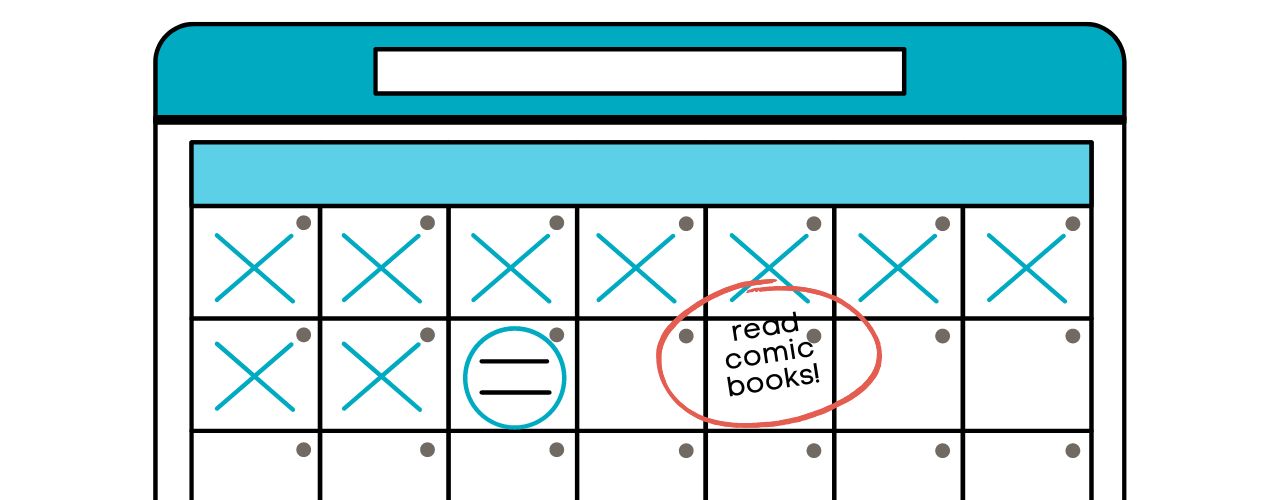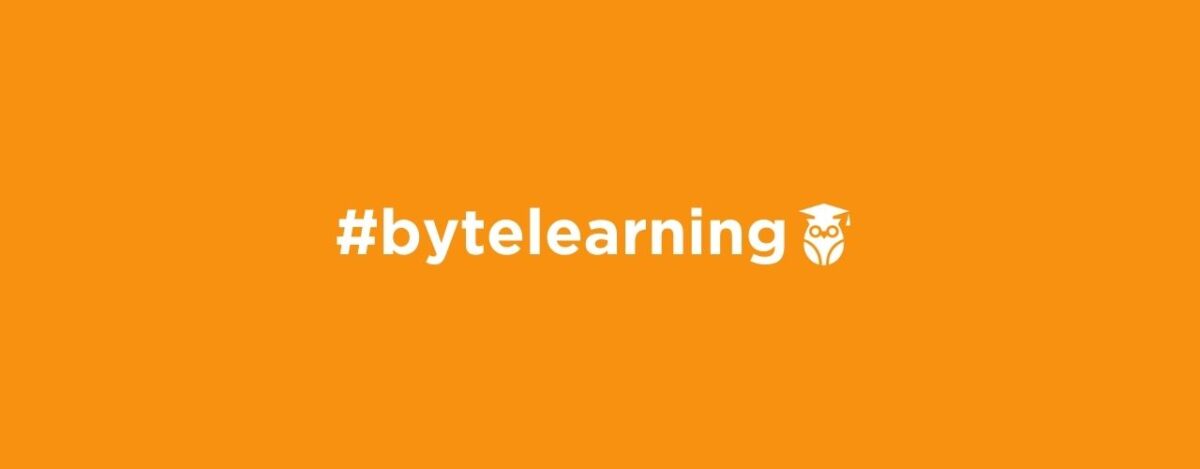Have you ever seen someone’s dessert and thought “I really want one of those”? Baking can be messy and sometimes difficult. I have found three easy holiday goodie recipes for you to try when you’re craving some sugary cereal, chocolate, or peanut-butter! Grab your materials, gather your ingredients, and test out these delicious holiday treats from the Food Network.
Cornflake Christmas Wreaths

This recipe is hands-on, colourful, and easy to make. You will need a baking sheet, parchment paper, a saucepan, and a measuring utensil. If you love rice-crispy squares, you will love these wreaths. Check out the recipe here.
No-Bake Chocolate Peanut-Butter Cookies

This recipe requires no baking, so it’s a quick and easy dessert you can make anytime! You will need a baking sheet, parchment paper, a microwave safe bowl, and measuring utensils. Check out the recipe here.
No-Bake Macaroons

This recipe has slightly more steps than the previous ones, but I can promise you it is worth it. You will need a bowl, a loaf pan, measuring utensils, and a saucepan. Check out the recipe here.
Give these recipes a try when you’re in the mood for holiday snacks. I always enjoy baking with another person, so you could give these a try with some of your friends and watch your favourite holiday movies. Check out more holiday treat recipes on the Food Network.










